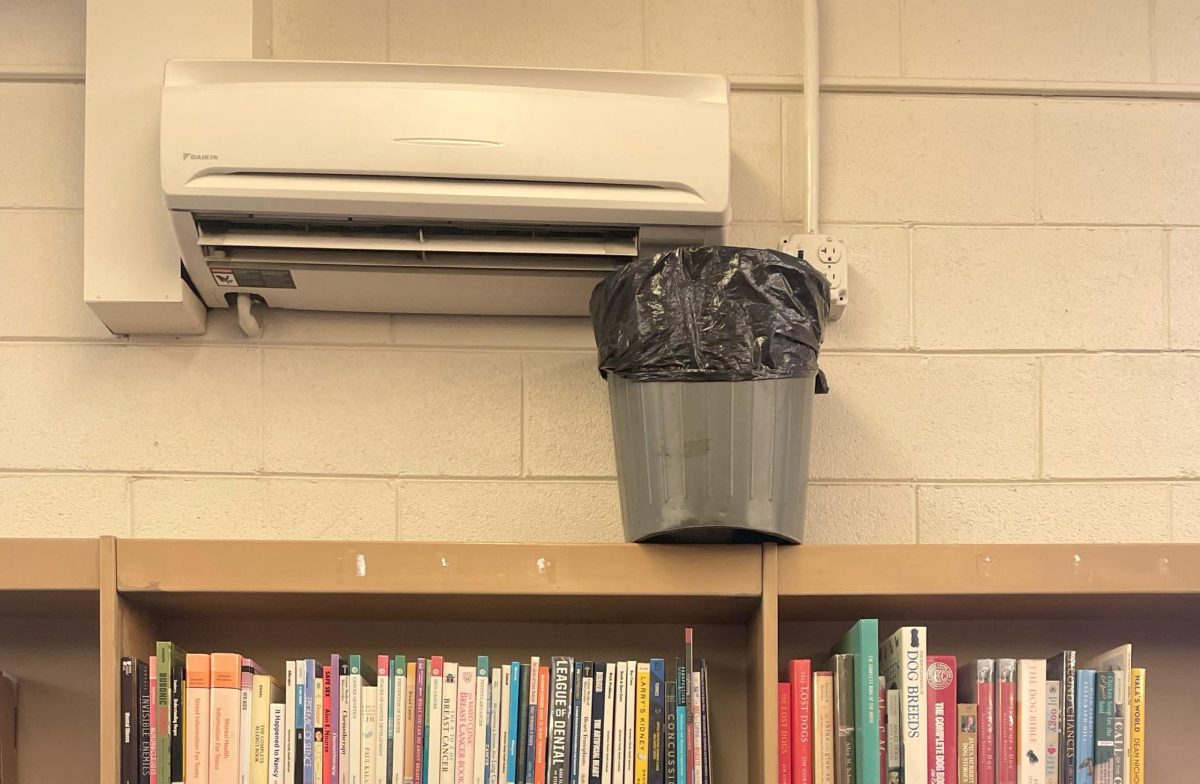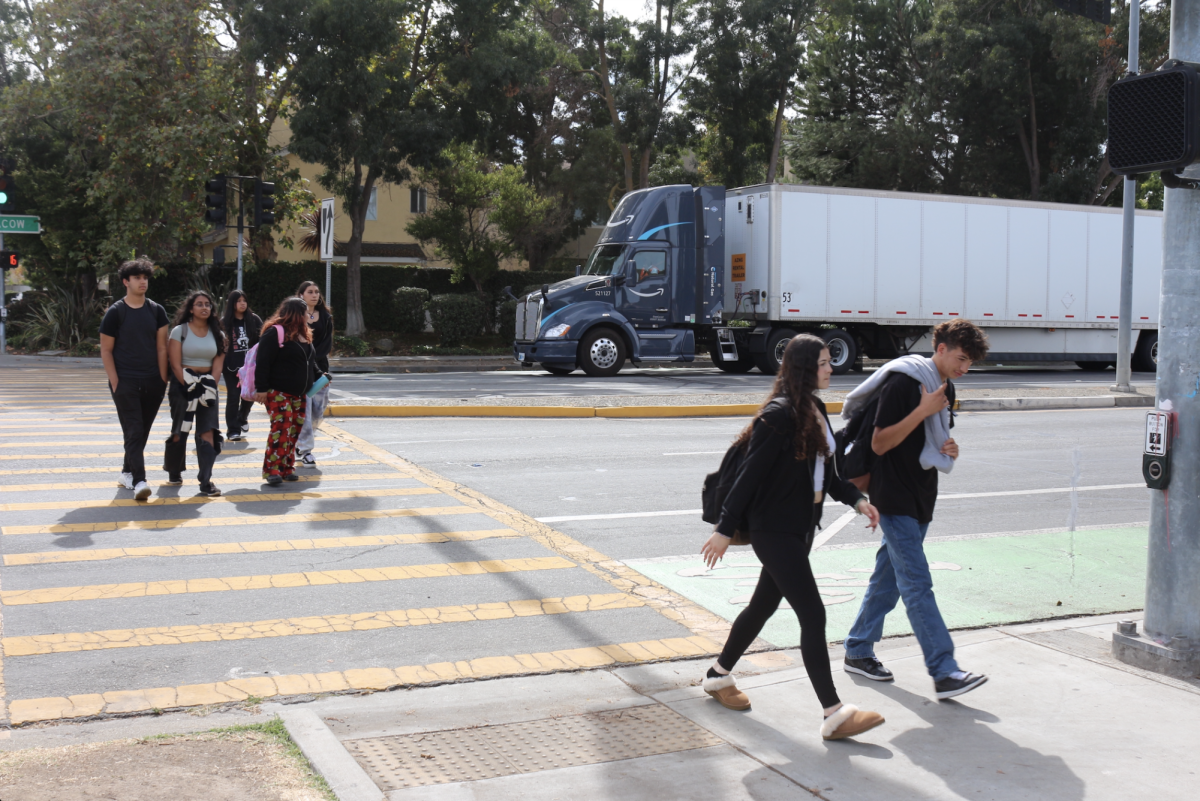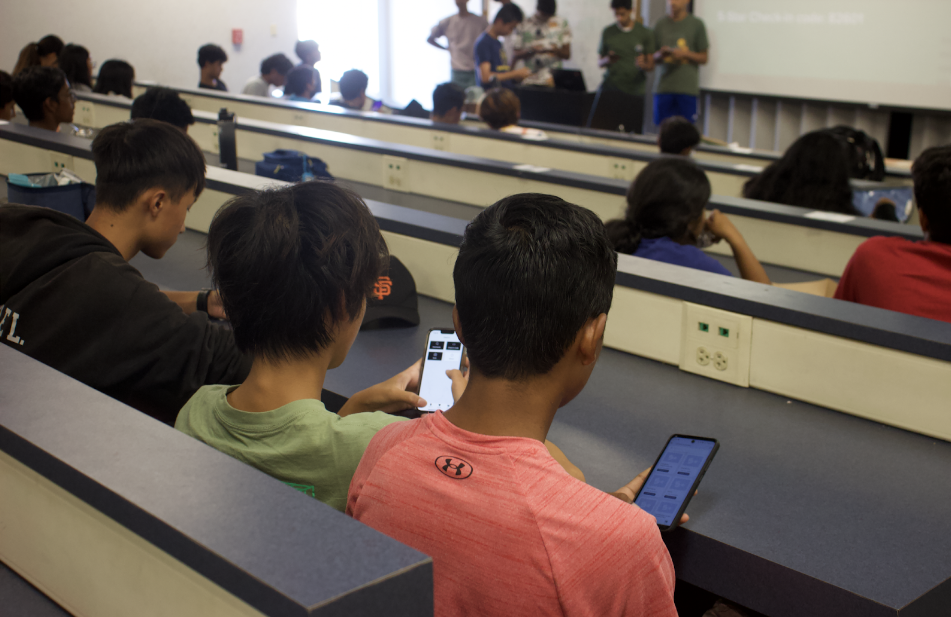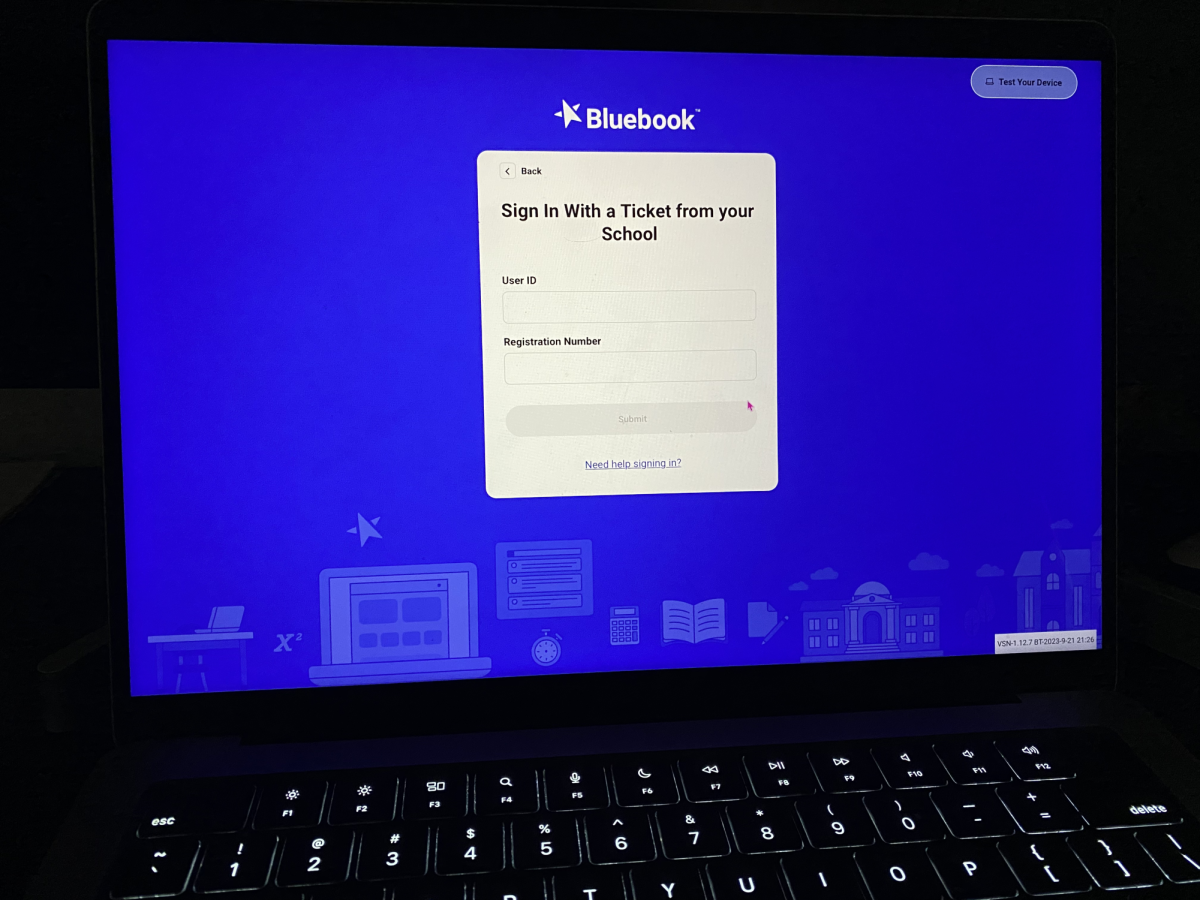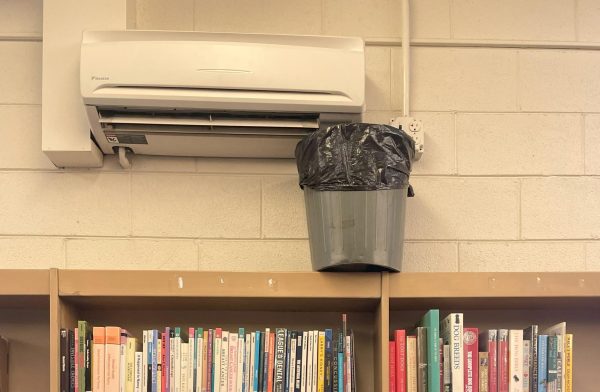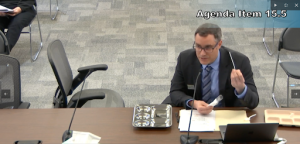Irvington Starts Widespread Usage of New Tardy Policy
December 12, 2019
Beginning with the 2019-2020 school year, the Irvington administration started the widespread usage of its new tardy policy that contained a change in consequences, which involves a contract created by the assistant principal, parent, and student after the student’s first 8 tardies.
“The contract is essentially just a personalized list of consequences that are going to vary from person to person,” said Principal Melsby. “Whatever seems to fit that student. So maybe the contract is trying to work with them, work with some support at home, or it’s just your standard detention or in-house.”
The new tardy policy was made in conjunction with the district tardy policy. The district sends out letters of tardiness to the student’s house after 6, 8, and 11 tardies. The contracts are made around the second and third tardiness letters, as parent conference is one of the consequences stipulated by FUSD’s tardy policy.
The reasoning behind the contract was to cater to the unique situation of every person. For example, a student could be running into class while the bell rang and marked tardy or a student could have some personal issues at home preventing them from getting to school on time. Even though there needs to be some sort of consequence, the administration is attempting to consider all the circumstances and work with the students and their families in order to come up with a solution that can help students with their tardiness.
Previously, a student who was tardy would be given an after school detention, and if they miss that then a Saturday detention, and if that is also missed, an in-house suspension.
“We were looking at it [the tardy policy] from a philosophical standpoint and we didn’t like the in-house model where a student is sitting in an in-house [suspension] all day,” said Principal Melsby. “We are essentially denying them the ability to go to school.”
The administration team for the new policy, which consists primarily of the principal, assistant principals, and attendance clerks believed that giving an in-house suspension was excessive because it is also a form of suspension. Around the second quarter of the 2018-2019 school year, the admin team started looking into changing the policy. Schools such as Mission and Kennedy, who used a similar contract system, served as an inspiration and basis for the administration. They wrote several drafts of the new policy and started a limited usage of the policy around late second semester of the 2018-2019 school year. Starting with the 2019-2020 school year, however, the new tardy policy has widespread usage.
On Dec. 13, the administration had a meeting to review some of the impacts of the new policy. They compared data from the beginning of the 2018-19 school year to Nov. 2019, and data from the beginning of the 2019-20 school year to Nov. 2020, to see how effective the new policy was. As of now, they have noticed a decrease in the total number of tardies as well as a drop in the number of in-house suspensions.






